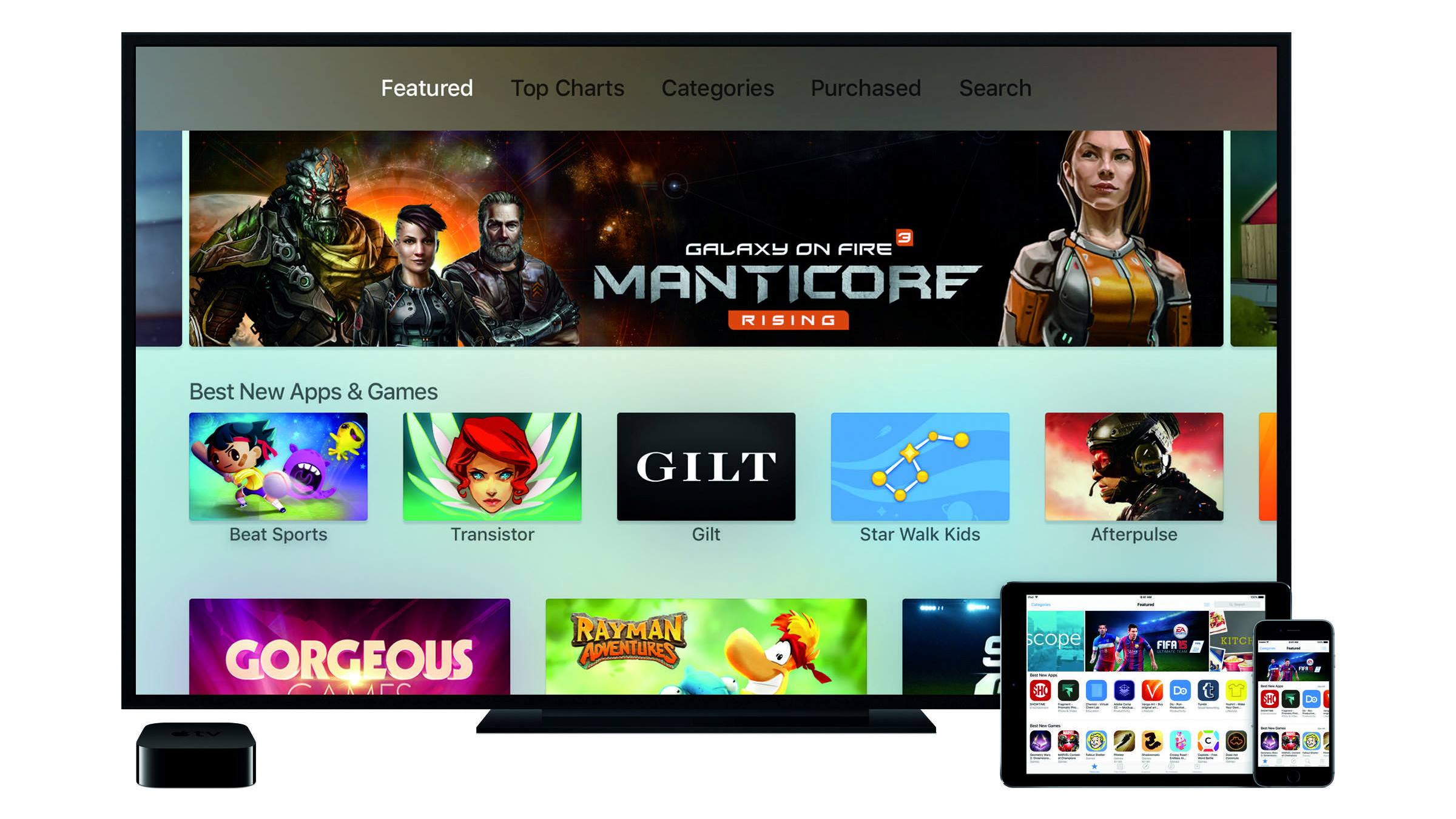Social networks have evolved over the years, moving away from their original purpose of connecting people and fostering meaningful relationships. Instead, they have become platforms dominated by algorithm-optimized short videos and infinite scrollable feeds. However, a small team called Amo in Paris is determined to bring back the social aspect of social apps with their latest creation: ID.
Key Takeaway:
Amo’s new social app ID aims to rekindle the social aspect of social networks. With an emphasis on creativity, community interaction, and authentic connections, ID offers users a unique platform to express themselves and build meaningful relationships. The launch of ID is highly anticipated, given the team’s experience and the significant funding they have secured.
Amo’s journey
Amo was founded by Antoine Martin, the co-founder of Zenly, a popular social app focused on location sharing. Zenly garnered a massive user base and was eventually acquired by Snap for over $200 million. However, as part of Snap’s cost-cutting measures, Zenly was shut down, leaving many loyal users disappointed.
Now, many key members of the Zenly team, including Martin, are working at Amo to create a new social app that aims to fill the void left by Zenly’s departure.
The highly anticipated launch
The launch of Amo’s new app, ID, has been highly anticipated in the tech community. The startup closed an $18 million funding round earlier this year, attracting investors despite the lack of a product on the market. The funding round is particularly notable as it took place during a downturn in VC funding and with no current source of revenue for Amo.
An empty canvas for creativity
ID is designed to be an empty canvas for users to express themselves creatively. The app provides various tools for users to customize their profiles, including stickers, photos, text, and drawings. Each profile becomes a spatial canvas where users can create unique islands of their interests and experiences.
Emergent gameplay and community interaction
As users explore the app and browse through their friends’ profiles, they can interact with the content by adding it to their own sticker library or placing it on someone else’s profile. This interactive element fosters a sense of community and creativity, allowing users to collaborate and inspire one another.
Amo’s goal: curing loneliness
Amo’s mission with ID is to address the growing issue of loneliness that is often exacerbated by popular social apps. Antoine Martin believes that existing social networks no longer prioritize a user’s well-being and fail to fulfill the human need for meaningful connections. With ID, Amo aims to bring back the essence of earlier social networks where profiles were more personalized and engaging.

























